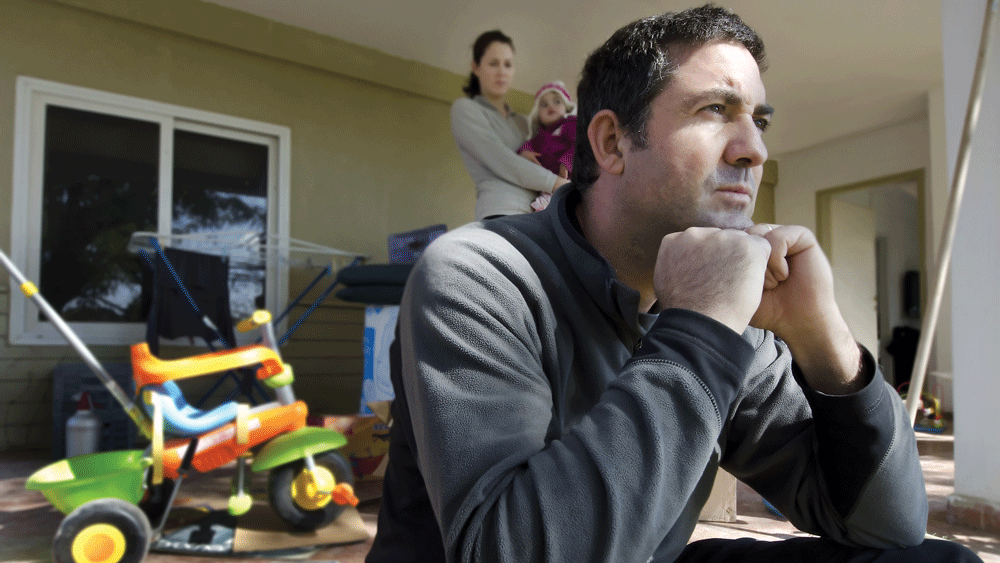
‘Collective efforts’ needed to accommodate and help families
South Dublin County Council have become the latest local authority in Dublin to agree to a new homeless action plan by the Dublin Region Homeless Executive (DRHE).
The new plan for 2025-2027 recommends a move away from emergency accommodation as a temporary solution for homelessness and calls for “collective efforts, elected, voluntary and statutory” to tackle constantly rising homeless numbers in the capital.
DRHE is provided by Dublin City Council as the lead statutory local authority in the response to homelessness in Dublin and adopts a shared service approach across South Dublin County Council, Fingal County Council and Dún Laoghaire-Rathdown County Council.
Presenting the plan to councillors at the full SDCC meeting on Monday, July 14, DRHE director Mary Hayes said that “some of the drivers and the solutions to homelessness may lie outside our control as local authorities”, and that it had not been possible to reduce homelessness under the previous plan from DRHE.
Under the 2022-24 plan, 3,496 households had exited emergency accommodation to tenancy, she said.
Another 4,762 households were also prevented falling into homelessness by “the creation of an alternative tenancy – either through a social housing exit, HAP or Tenant-in-Situ”.
At the same time Ms Hayes noted that from January 2022 to December 2024, the total households in emergency accommodation increased by 2,197 (1,511 more singles and 646 more families).
Figures released by the Department of Housing on Friday, July 25, reveal a new record-breaking national figure of 15,915 individuals accessing emergency accommodation by the end of June 2025, an increase of 1,612 (11.3 per cent) since the same time last year – including 2,320 families.
“Theses statistics are the hard numbers,” she told councillors, adding that feedback from service users under the previous plan indicated “early prevention” was key to solving homelessness.
“People wanted to see earlier prevention, they want to see stable and supportive emergency accommodation and sustainable progressions, so they don’t have to re-experience homelessness for a second time.”
The 2025-2027 DRHE Homeless Action Plan’s key focuses are on this earlier prevention, as well as moving away from an emergency accommodation-led approach to a more housing-first approach and ensuring that accommodation provided is both stable and sustainable.
“In this plan we are going to look really hard at families who are over two years in accommodation, and to really try and get to grips with why are they homeless, what are the barriers and what are we going to do about it,” Ms Hayes told councillors, who welcomed the plan and agreed to it without amendment.
Funded by the Local Democracy Reporting Scheme.

